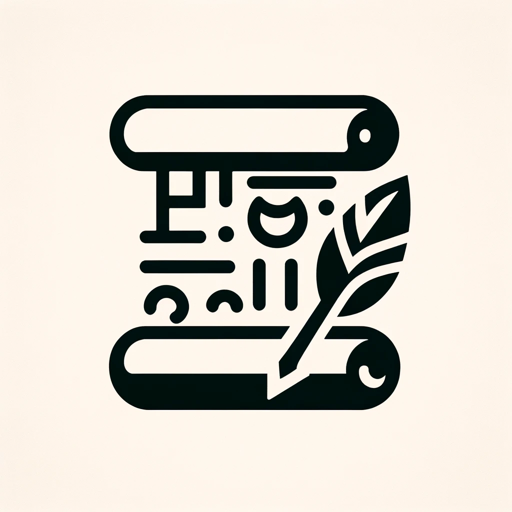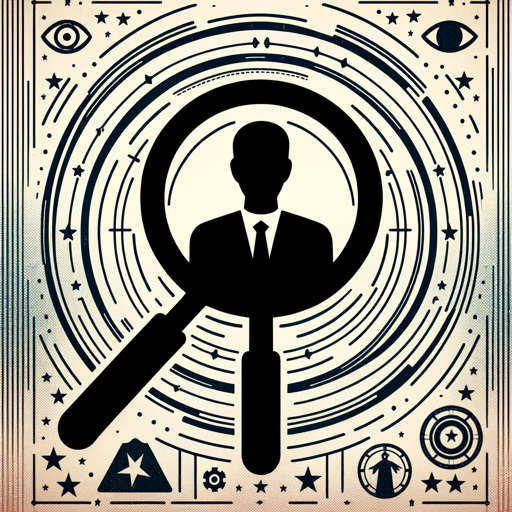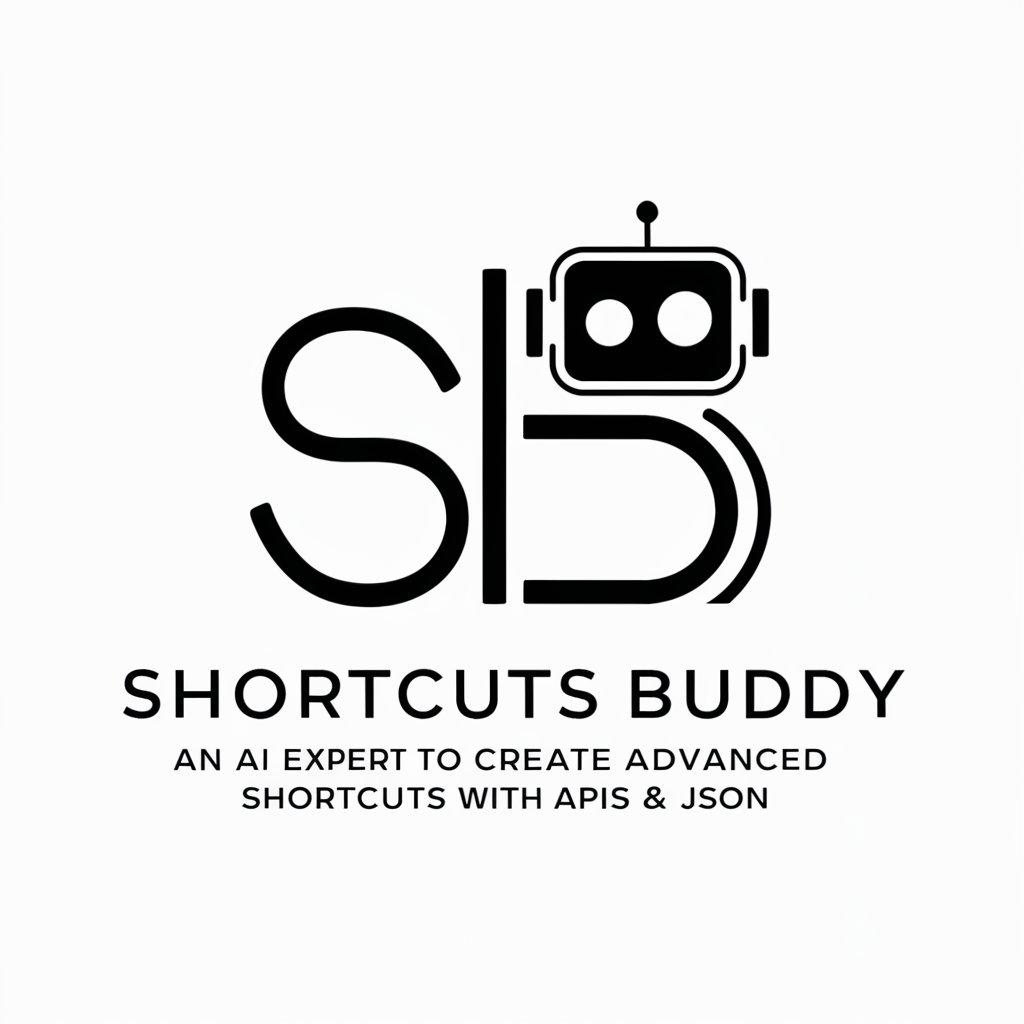Historical Language Tutor - Historical Language Learning

Reviving ancient languages with AI
Can you teach me some basic phrases in Old English?
What is the cultural context of Ancient Greek language?
Translate this sentence to Latin: 'The quick brown fox jumps.'
Online resources about Sumerian language.
Get Embed Code
Overview of Historical Language Tutor
The Historical Language Tutor is a specialized digital assistant designed to teach, elucidate, and provide insights into extinct or historical languages. Its primary aim is to bridge the gap between the past and present by making the rich linguistic heritage of ancient civilizations accessible to contemporary audiences. This tool encompasses a range of functions from language lessons on grammar, vocabulary, and pronunciation, to offering cultural contexts that help users grasp the essence of societies that once thrived. Through engaging lessons, translation services, and detailed cultural insights, it immerses users in the study of languages that are no longer spoken. For example, a user interested in learning Ancient Greek might receive lessons on its complex system of nouns, including cases, genders, and numbers, along with insights into how language influenced Greek philosophy and democracy. Powered by ChatGPT-4o。

Core Functions of Historical Language Tutor
Language Lessons
Example
Teaching the grammar and vocabulary of Latin, including its noun case system, verb conjugations, and common phrases used in the Roman Republic.
Scenario
A high school teacher preparing a curriculum on Roman history uses the tool to create engaging lesson plans that include Latin language instruction, enhancing students' understanding of primary sources and inscriptions.
Cultural Context
Example
Providing insights into the daily life, beliefs, and social structures of the Maya civilization through the study of Classical Maya language.
Scenario
A novelist researching for a historical fiction set in the Maya civilization era utilizes the tool to accurately depict the cultural and linguistic landscape of the time, enriching the narrative with authentic details.
Translation Services
Example
Translating phrases or sentences from English to Ancient Egyptian, enabling users to understand how concepts and expressions might have been communicated in the time of the Pharaohs.
Scenario
An archaeologist working on deciphering inscriptions found in a newly discovered tomb uses the service to translate key phrases into English, aiding in the interpretation of historical texts and the broader understanding of ancient Egyptian society.
Who Benefits from Historical Language Tutor?
Academics and Researchers
Scholars engaged in the study of ancient texts, historians seeking to contextualize historical events within the linguistic frameworks of their times, and linguists analyzing the evolution of language. These users benefit from detailed language lessons, translation capabilities, and cultural insights that enrich their research and scholarly work.
Educators and Students
Teachers and students at various educational levels who are exploring ancient civilizations, cultures, and languages in their curriculum. The tool offers accessible lessons that enhance the learning experience, making historical languages more approachable and the ancient world more tangible.
Hobbyists and Lifelong Learners
Individuals with a personal interest in history, languages, or archaeology who seek to deepen their understanding of ancient societies. They benefit from the ability to learn at their own pace, explore specific languages or cultures of interest, and engage with the past in a meaningful way.

How to Use Historical Language Tutor
1
Start by visiting yeschat.ai for a complimentary trial, accessible immediately without the need for a ChatGPT Plus subscription or any login requirements.
2
Choose the historical language you're interested in from the available list. This could range from Latin and Ancient Greek to Old English and Sanskrit.
3
Specify your learning objective, whether it's understanding grammar, expanding vocabulary, mastering pronunciation, translating texts, or gaining cultural insights.
4
Engage with the tutor by asking specific questions, submitting texts for translation, or requesting lessons on particular topics within the language or culture.
5
For an optimal experience, regularly practice the lessons provided, explore the additional resources recommended, and utilize the tool for consistent learning and reinforcement of knowledge.
Try other advanced and practical GPTs
Buddha Bot
Enlightening Insights with AI Wisdom

Sippy
Sip, Learn, and Discover with AI

Quiz Prep
AI-powered personalized quiz preparation

The Smart Travel Companion
Your AI-Powered Guide to World Wonders

Resume Builder
Craft Your Success with AI-Powered Resume Builder

HR Data Navigator #1 HR Analysis
Empowering HR with AI-driven Analysis

PEP Identifier
AI-powered PEP Screening for Compliance

GPTBoss | Amelia Byrne
Empowering blockchain understanding with AI.

Action Ally
Simplifying tasks with AI-driven guidance

Andragogy Course Designer
Empowering self-directed adult learning

AnalytiQ
Elevating Insight with AI-Powered Analysis

Shortcuts Buddy
Empowering automation with AI-guidance.

Frequently Asked Questions about Historical Language Tutor
Can the Historical Language Tutor help me translate ancient texts?
Yes, the tutor can translate phrases or sentences from modern languages to historical languages and vice versa, aiding in the understanding and interpretation of ancient texts.
Does this tool offer pronunciation guides for historical languages?
Absolutely. The tutor provides lessons on the pronunciation of historical languages, using phonetic transcriptions and sometimes audio examples to guide learners.
Can I learn about the culture of ancient civilizations using this tool?
Indeed, the tutor offers cultural context alongside language lessons, providing insights into the societies that used these languages to enrich your learning experience.
Is there support for multiple historical languages?
Yes, the tutor supports a variety of historical languages, including, but not limited to, Latin, Ancient Greek, Old English, and Sanskrit.
How can I make the most out of my learning experience with this tool?
Maximize your learning by engaging with all the features offered, practicing regularly, exploring recommended resources, and applying the knowledge in practical contexts like translations or cultural studies.
